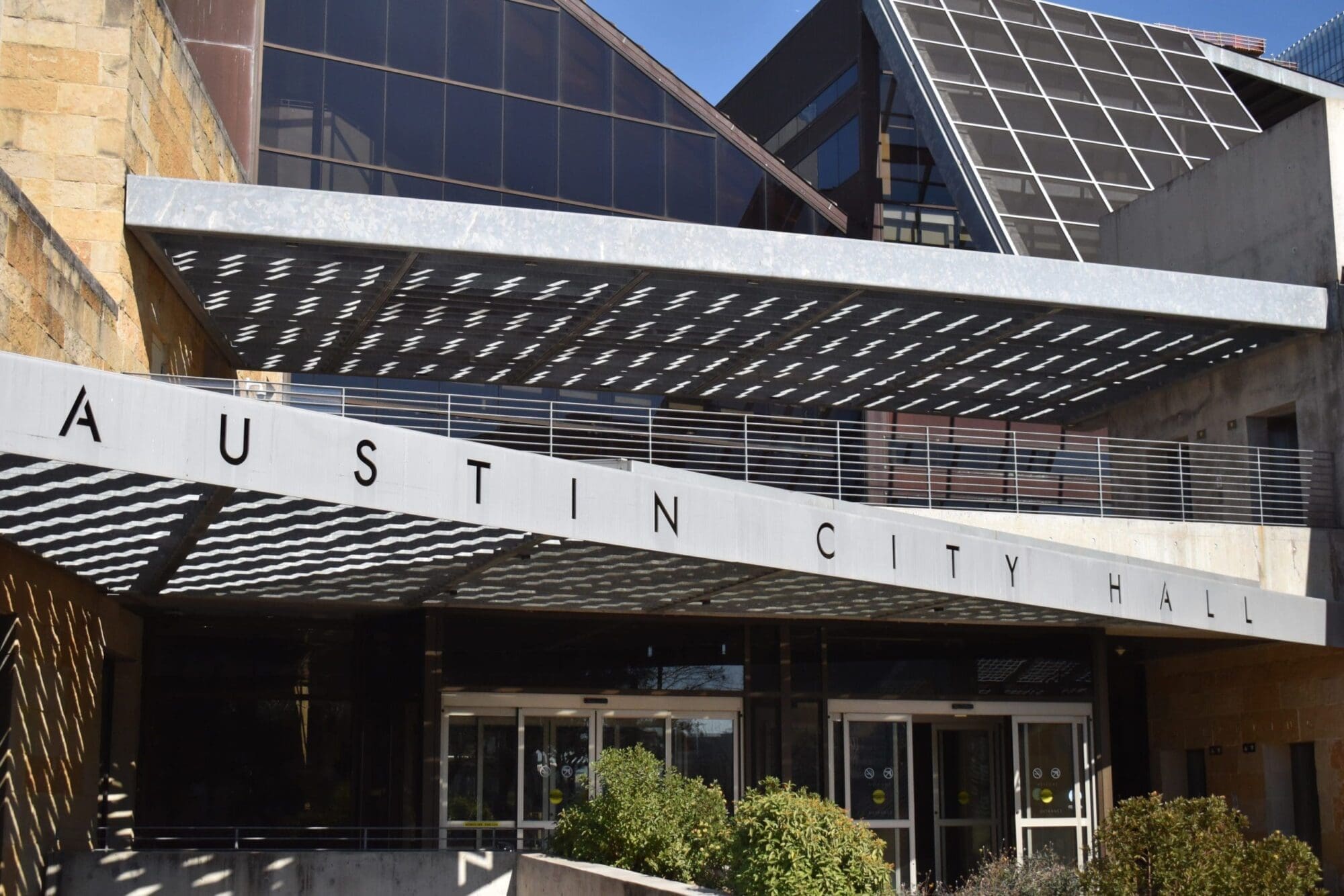For days, Gov. Greg Abbott’s campaign has teased its “Taxpayer Bill of Rights,” promised to be a major relief from the state’s ever-increasing property tax burden.
Instead, the plan has been criticized as “underwhelming.”
Abbott released the new effort at a campaign stop at a meeting of the Kingwood Tea Party in Atascocita, a suburb of Houston. He was joined by Genevieve Collins, the state director of Americans for Prosperity, and Grover Norquist, president of Americans for Tax Reform.
But rather than announce his support of a plan to eliminate property taxes entirely, Abbott’s proposal largely tinkers around the edges.
The first part of the verbose proposal actually points backward, claiming that “since 2015, the state has spent over $18 billion on reducing property taxes.”
As Texans for Fiscal Responsibility points out, however, property tax collections have increased 19 percent during that same time period. Meanwhile, legislative efforts to offer property tax relief in 2019 merely slowed the rate of growth, falling short of lowering the average Texan’s property tax bill.
“Texans for Fiscal Responsibility (TFR) has not yet had one taxpayer report to us that their property tax bill has been reduced. In fact, we consistently hear the contrary, from Texans that are continuing to struggle to pay the increasing amount owed and are effectively being taxed out of their homes,” the group says in their analysis.
Another set of proposals purports to “Empower Homeowners and Property Owners to Reduce Their Taxes.” These include offering homeowners a 3 percent discount for paying their tax bill early, offering new homeowners a reduction in taxes if their appraisal is more than their purchase price, providing “transparency” in the appraisal protest process, and offering small business owners a $100,000 exemption on business equipment.
TFR calls the early payment discount “lousy and gimmicky.”
“The vast majority of Texans roll their taxes into mortgage payments and it is unclear whether this would qualify for the discount proposed. Either way, they are still paying taxes on an ever-growing burden.”
TFR also argues the hot housing market in many of the state’s most populous areas renders moot the reduction on the appraisal of new houses to their purchase price.
“Many Texans have recently been priced out of the market by Californians and other transplants who are fleeing their states and in turn inflating Texas home values. This contributes to a newer phenomenon that home purchase prices are typically higher than appraised values. For most Texans in hot real estate markets, this provision would not provide any relief.”
Similarly, the group argues a more “transparent” protest process does nothing to help reduce property taxes, while the $100,00 business equipment exemption is a “well-intentioned” reform that would not do anything for the average taxpayer.
Also included as part of the Taxpayer Bill of Rights is a proposal to require a two-thirds vote for local governments to pass bonds.
“Requiring local debt to be passed by a 2/3 majority would ultimately not change much, considering that the most populous local governments in Texas are run completely by elected officials who support increases in government spending,” said TFR. “Their tax and spend policies typically pass with overwhelming majorities and they will continue to pass debt obligation proposals without problems, even if this provision were implemented.”
“It is not good enough to throw Texans a bone and continue to force them to rent their property from the government and yet, that is precisely what Texans have been doing for decades.”
Jeramy Kitchen, TFR”s executive director, says the proposal likely has everything to do with the competitive election Abbott finds himself in.
“It is convenient that this proposal is unveiled in a primary election cycle by which Abbott finds himself challenged by multiple candidates from his own party,” Kitchen told Texas Scorecard. “Abbott has been Governor since January of 2015, why has this proposal not been made before? Abbott’s record is that of making promises time and time again about providing real relief to Texans with very little to show for it if anything other than property tax collections themselves increasing 19% under his leadership.
“His own political party has consistently called for the elimination of such an immoral tax, and in response, he offers continued attempts to slow down its growth,” he added.
Meanwhile, another proposal created by the Texas Public Policy Foundation would use surplus revenue to eliminate property taxes entirely in 10 years.





